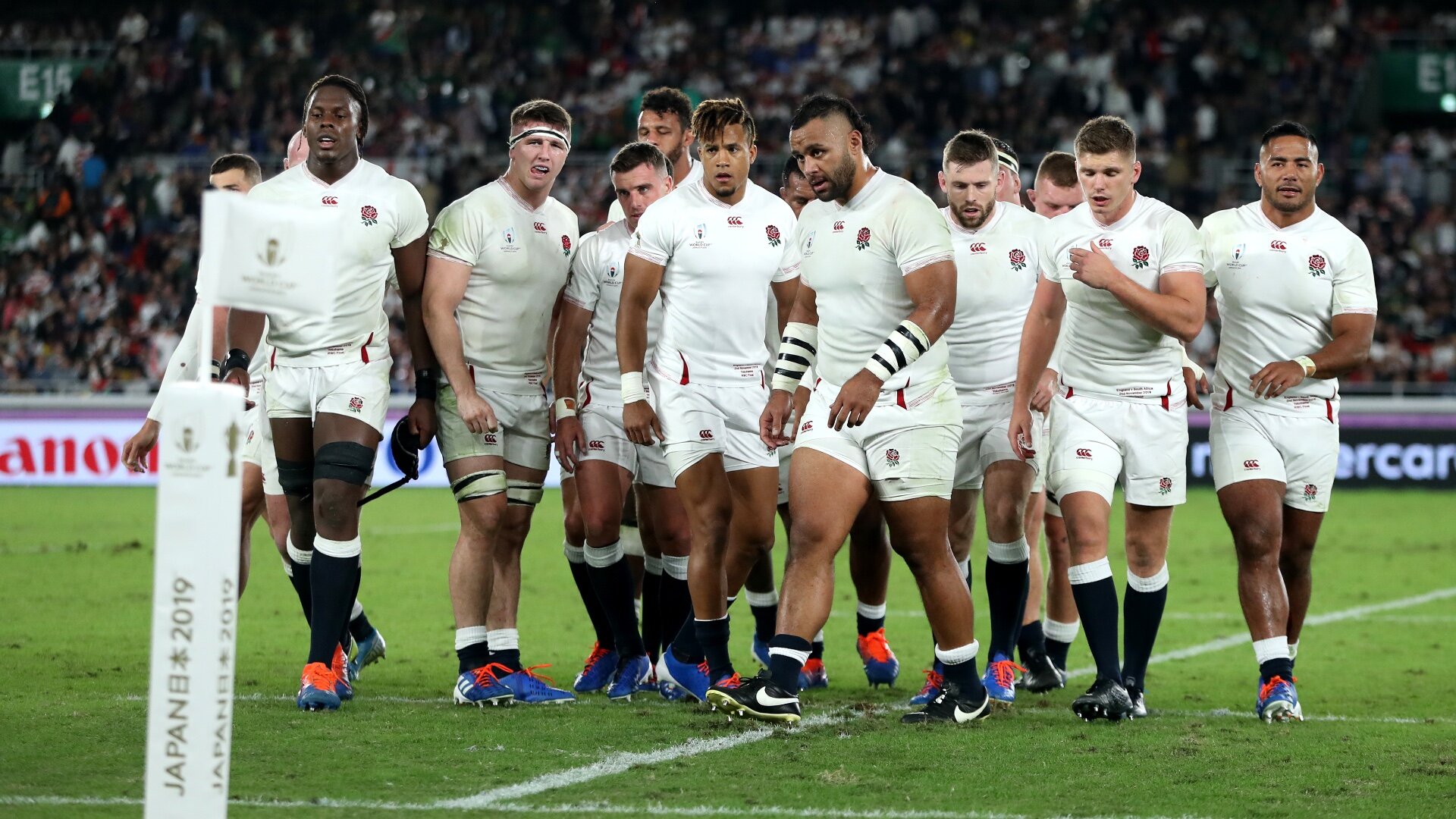Former sevens boss urges fans to trust clubs like Exeter with post-RWC player welfare

With the World Cup now over, international players will begin to filter back into action with their English clubs over the coming weeks.
It is understandable that South African and English players will take the most time before returning, as the final was only last weekend.
However, Exeter Chiefs have raised a few eyebrows as their team to face the Bristol at Sandy Park on Sunday contains two players that playing in the World Cup final.
Henry Slade starts at outside centre for the Chiefs, while Luke Cowan-Dickie starts on the bench. Both of whom came on in England’s 32-12 loss to the Springboks.
Jack Nowell, who was also part of England’s RWC squad, is also on the bench, as head coach Rob Baxter spared no time in bringing his big names back. Likewise, Stuart Hogg started for Exeter soon after returning from Japan with Scotland some weeks ago.
(Continue reading below…)
This has raised some concerns, particularly as Rugby Football Union CEO Bill Sweeney emphasised that England players would be rested after the RWC.
However, former England and Fiji sevens coach Ben Ryan has stressed on Twitter that “you need to trust the clubs here”.
The Olympic gold-winning coach said that Exeter have an “amazing” strength and conditioning department and that clubs “are never going to risk key players unless they are certain they will be ready to go”.
Exeter have an amazing S&C department and they are never going to risk key players unless they are certain they will be ready to go. You have to trust the clubs here. https://t.co/PB1Gh6Krcr
— Ben Ryan (@benjaminryan) November 8, 2019
Although the Chiefs trio were at the RWC, they did not play as much as many of their England team-mates. Cowan-Dickie only started one match, as did Slade, and Nowell only made a solitary appearance from the bench.
In truth, the three would have played a lot more rugby had they stayed with Exeter, although it probably would have been less intense.
In contrast, a player like Saracens’ Billy Vunipola, who has played a vast amount of Test rugby over the past months, may take longer to reappear in domestic rugby.
With player welfare a hot topic in rugby it is curious how Exeter have included their England three for Premiership duty so quickly after the World Cup https://t.co/v4AU0ucvdB
— RugbyPass (@RugbyPass) November 8, 2019
Every player had a different RWC and should, therefore, be treated differently. Furthermore, many England players will surely want to get back onto the pitch as soon as possible and move on from their final loss.
No club will seek to rush players back if they are not ready, as it benefits neither party. It will only be more damaging in the long term if players are not fully rested, as injuries or fatigue are more likely to occur down the line.
Player welfare should always be paramount and although it sometimes looks like players are being rushed back too soon, each player and each club needs to be judged on merit.
WATCH: Former Saracens player Jim Hamilton discusses the salary cap scandal surrounding his former club
















